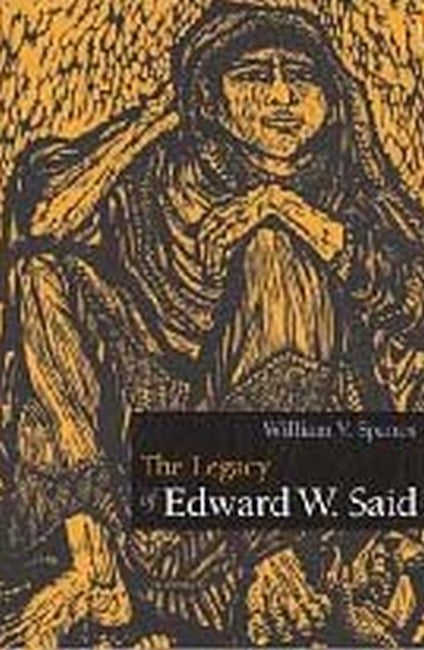Preserving and honoring the intellectual voice that spoke with the urgency, generosity, and grace of the best of humanity.With the untimely death of Edward W. Said in 2003, various academic and public intellectuals worldwide have begun to reassess the writings of this powerful oppositional intellectual. Figures on the neoconservative right, who have become influential in the policy-making of George W. Bush's administration, have already begun to discredit Said's work as that of a subversive intent on slandering America's benign global image and undermining its global authority. On the left, a significant number of oppositional intellectuals are eager to counter this neoconservative vilification, proffering a Said who, in marked opposition to the anti-humanism of the great poststructuralist thinkers who were his contemporaries--Jacques Derrida, Jean-François Lyotard, Jacques Lacan, Louis Althusser, and Michel Foucault--reaffirms humanism and thus rejects poststructuralist theory. In this provocative assessment of Edward Said's lifework, William V. Spanos argues that Said's lifelong anti-imperialist project is actually a fulfillment of the revolutionary possibilities of poststructuralist theory. Spanos examines Said, his legacy, and the various texts he wrote--including Orientalism, Culture and Imperialism, and Humanism and Democratic Criticism--that are now being considered for their lasting political impact.''Entertaining, and clearly engaged in a live battle for Said's legacy.''--Bookforum ''A very insightful opening to the works of one of the great social and literary theorists of the past decades.''--TikkunA brilliant intervention that is bound to enhance the quality of future debates over the usability of humanism. The Legacy of Edward Said is thoroughly original, trenchantly insightful, learnedly polemical, wise in its erudition, worldly because theory-rich, theoretical on the basis of worldliness.--R. Radhakrishnan, author of History, the Human, and the World Between Precisely because this work clarifies the debate around Said and his legacy, it makes a major contribution to critical theory, literary study, the humanities, and the public sphere. Anyone who is concerned about the course of intellectual life and the foreign policies of the U.S. government will appreciate this work.--Daniel T. O'Hara, author of Empire Burlesque: The Fate of Critical Culture in Global America

